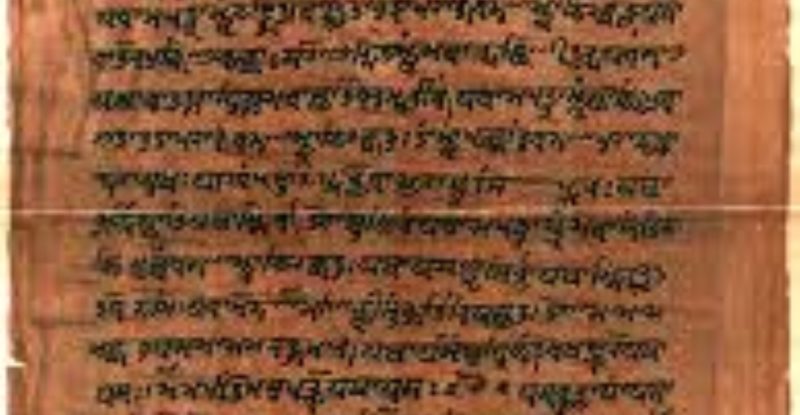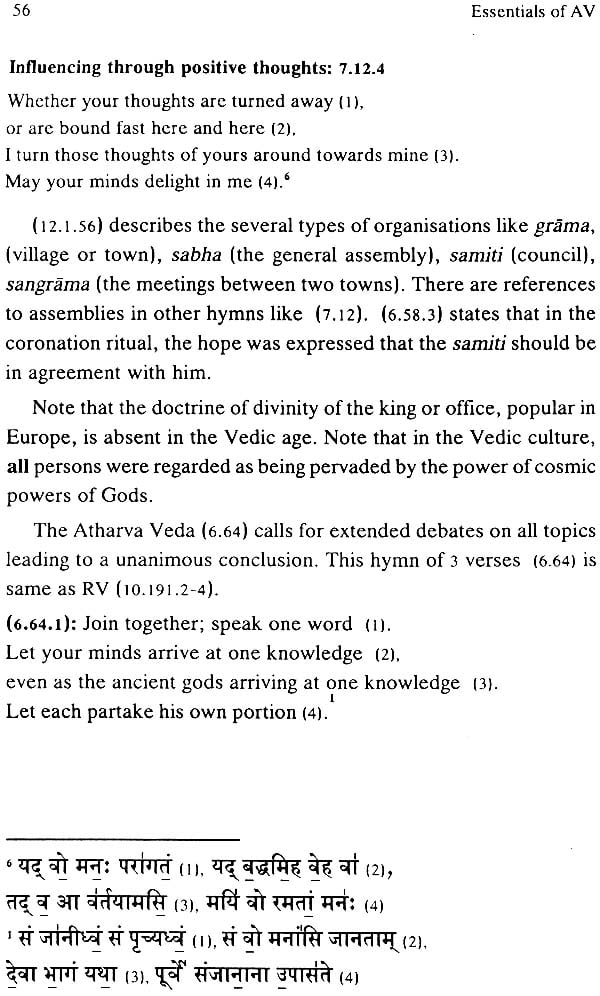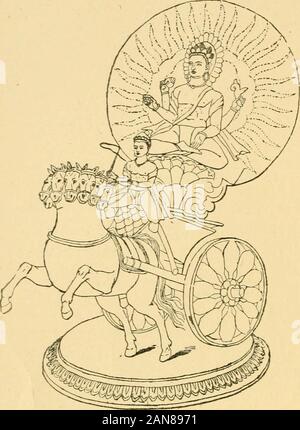

Islam has a rational answer to this which we shall discuss in an independent article. As far as God is not unjust, the inequalities and differences between people are due to their deeds in their past lives. This doctrine was added by Hindu priests in subsequent Hindu scriptures including the Upanishad, Bhagvad Gita and the Puranas in a conscious attempt to rationalize and explain the differences between different individuals at birth and the different circumstances in which people find themselves in, with the concept that Almighty God is not unjust. This concept of repeated births or of cycle of rebirth was developed after the Vedic period. This is true for several quotations of the Bhagvad Gita and Upanishad which speak of Punarjanam. If one reads many of the references to Punarjanam in Hindu Scriptures besides the Vedas, keeping the life in the hereafter in mind, one gets the concept of the next life but not of rebirths or of life again and again.

It does not mean coming to life on earth again and again as a living creature. Therefore, ‘Punarjanam’ means ‘next life’ or ‘the life hereafter’. In Sanskrit ‘Punar’ or ‘Puna’, means, ’next time’ or ‘again’ and ‘Janam’ means ‘life’. The Common word used for the doctrine of rebirth is ‘Punarjanam’. The Vedas make no mention of the entire concept of transmigration of souls. The important point worth noting is that the doctrine of rebirth is not postulated, propounded or even mentioned anywhere in what is considered to be the most authentic Hindu scriptures i.e. it looses its good and bad karma.įifth: Rebirth Is Not Mentioned in the Vedas This can only happen if there is no karma to cause an individual to be reborn i.e. The ultimate aim of every Hindu is that one day the cycle of rebirth will be over and he will not have to be reborn again. Moksha means liberation from the cycle of rebirth or of ‘Samsara’. Dharma affects both, the present life and the future as well.įourth: Moksha – Liberation from the Cycle of Rebirth In order to achieve good karma, life should be led according to Dharma otherwise it will result in bad karma. This includes what is right for the individual, family, the class or caste and also for the universe itself. Similarly, every good thought, word or deed begets a similar reaction which affects our next life, and every unkind thought, harsh word and evil deed comes back to harm us in this life or in the next life.ĭharma refers to what are the rights or righteous duties. A farmer cannot sow wheat and expect rice to grow. It is explained by the saying: “As we sow, so shall we reap”. Karma is actually action and reaction or the law of cause and effect.

Karma means act, deed, action or activity and refers not only to action undertaken by the body but also to those undertaken by the mind. Second: Karma – The law of Cause and Effect

“As a Caterpillar which has wriggled to the top of a blade of grass draws itself over to a new blade, so does the soul, after it has put aside its body draws itself over to a new existence.” (Brihadaranyaka Upanishad 4:4:3) The Doctrine of Re-birth is also described in Brihadaranyaka Upanishad: It was mentioned in the Bhagvad Gita: “As a person puts on new garments, giving up old ones, the soul similarly accepts new material bodies, giving up the old and useless.” (Bhagvad Gita 2:22) Those who believe in this theory understand that since all actions may not bear fruit in this life, but there has to be another life for facing or reaping the consequences of one’s actions. For example, if one child is born healthy while another is handicapped or blind, the differences are attributed to their deeds in their previous lives. According to doctrine of rebirth, differences between individuals, even at the time of their birth, are due to their past karma i.e. This doctrine is considered to be a basic tenet of Hinduism. ‘Samsara’ or the doctrine of rebirth is also known as the theory of reincarnation or of transmigration of the soul. Most of the Hindus believe in the cycle of birth, death and rebirth, which is called ‘Samsara’. The original concept of Hereafter is a significant part of Hinduism that was misunderstood, misinterpreted and distorted during the later periods.įirst: The Concept of Rebirth in Hinduism


 0 kommentar(er)
0 kommentar(er)
